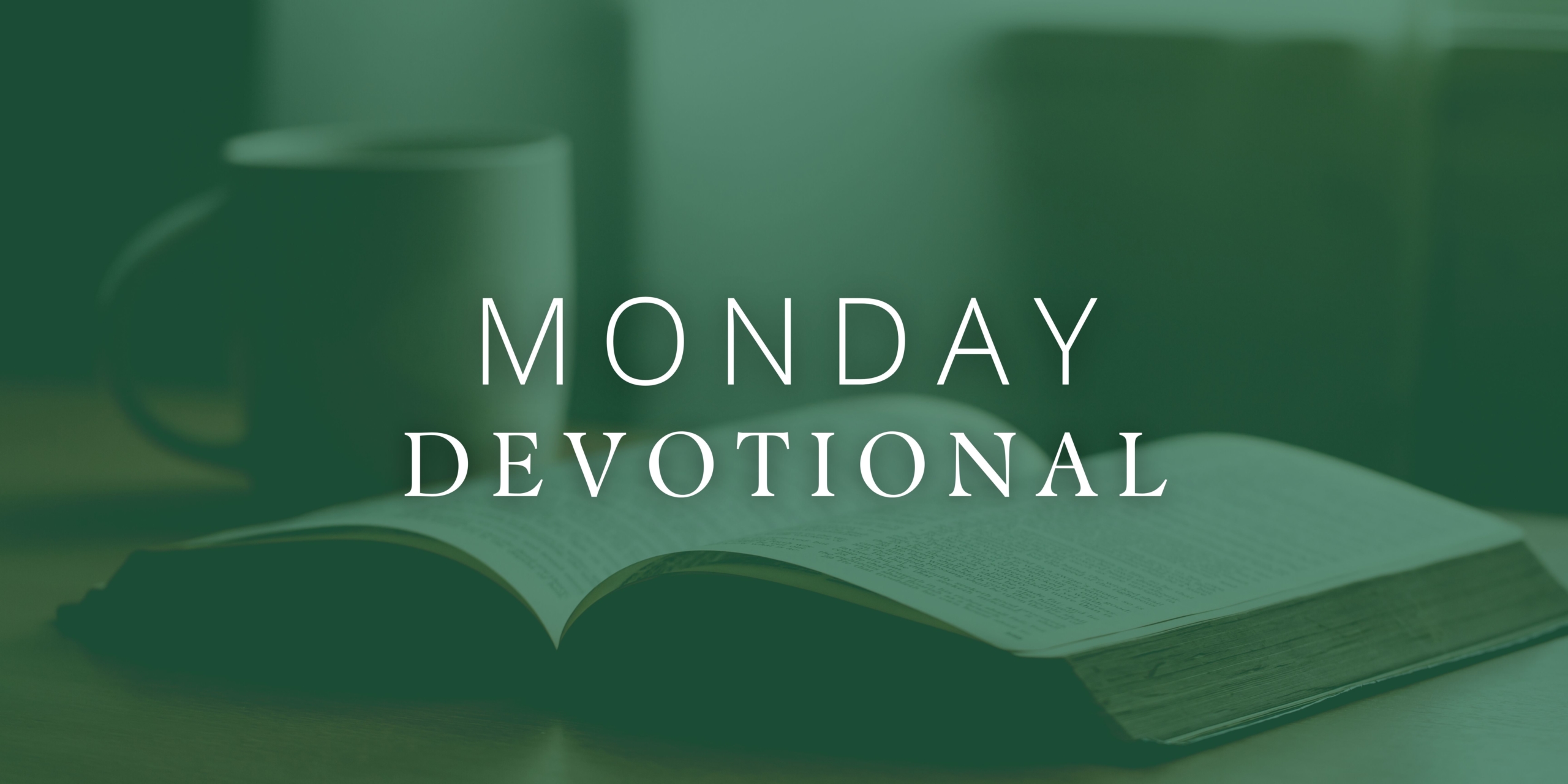“Wishful Thinking”
From Birdlike and Barnless by Jim Burklo
About three in the afternoon Jesus cried out in a loud voice, “Eli, Eli, lema sabachthani?” (which means “My God, my God, why have you forsaken me?”). – Matthew 27:46
As I look back over my life, I feel a certain embarrassment at how often I’ve been wishful but faithless. Wishing I was omnipotent, I would take on projects I could never complete. I lacked the faith that if I worked hard while being realistic, I could accomplish more in the end. Wishfully I put on a happy face, denied disasters that surrounded me, and plowed ahead as if they weren’t there. I lacked the faith that if I admitted defeat, grieved my losses, learned from my mistakes, and changed direction, it would have been better for myself and others.
At least I’m in good company. Is it any wonder that we avoid facigin the chaotic, unpredictable, and unfair facts of life? We want to think that prayer or positive thoughts can magically fix anything that is wrong around us. We want to think that a loving God will supernaturally intervene in the soupy mess of the universe and make things good for us, if we just ask God in the right way. But even Jesus had to learn otherwise, and learn it the hard way. On the cross, he cried, “My God, my God, why have you forsaken me?” (Matthew 27:46) It wasn’t fair. He’d lived a good life, prayed hard and well, shown compassion to others. Surely others were praying for him, too, asking God to step in and spare him. Jesus, like the rest of us, seems to have suffered from a surfeit of wishful thinking and a deficit of faith at times.
But on the cross, pie-in-the-sky died. And on the cross, the God of faith came alive.
Faith looks at reality with clear eyes, respects it for what it is, and chooses to live hopefully and compassionately anyway. Faith bases itself on facts, and then works hard to change them, even if the odds are against success. Faith doesn’t expect miracles. But it gives us energy and perseverance to do the miraculous.
Faith is what happens when we stop pretending that we are entitled to divine exceptions from the laws of nature. Faith doesn’t exempt us from the pain of this world, but it does give us an experience that transcends it and gives it meaning. Faith is the paradox of knowing our mortality and our immortality at the same time. Faith embraces the contradiction that we are separate, limited creatures, and we are also one with God.
What ideas about God have you had to abandon?
What understandings of God have replaced them?






